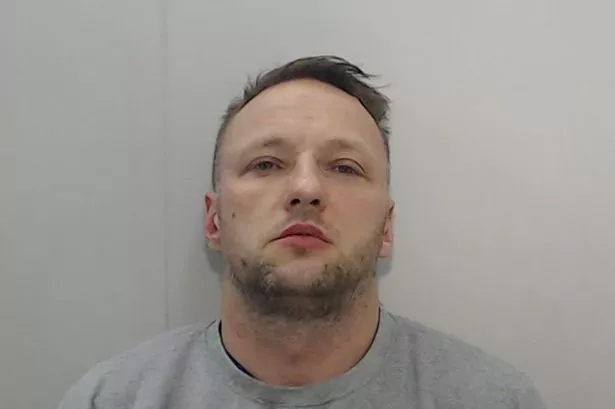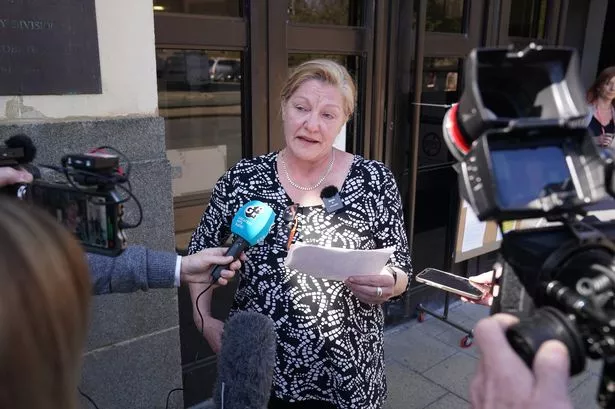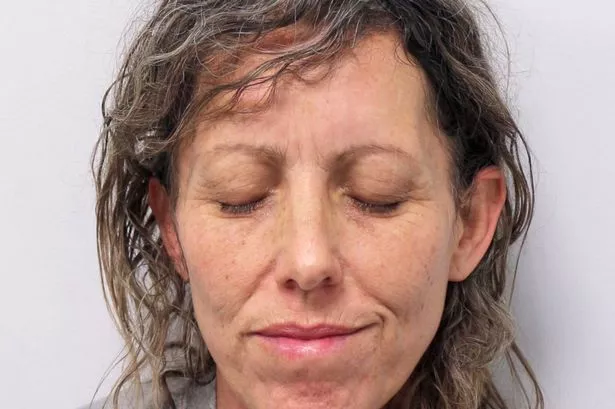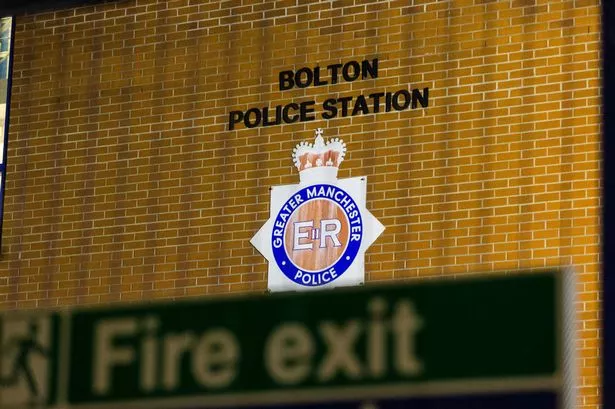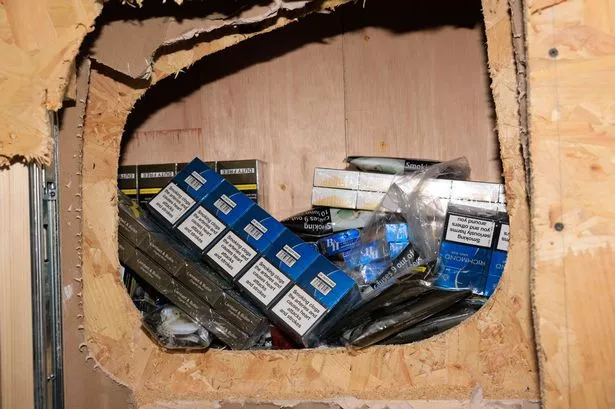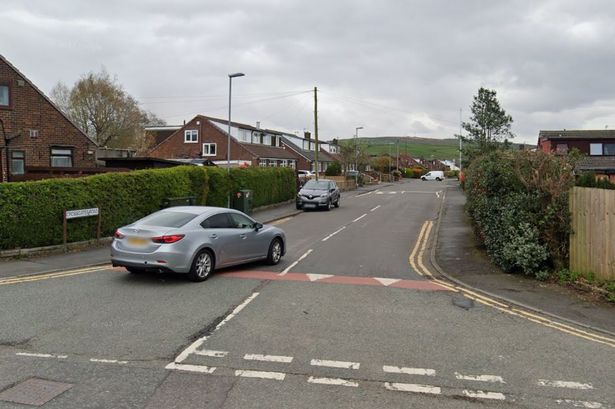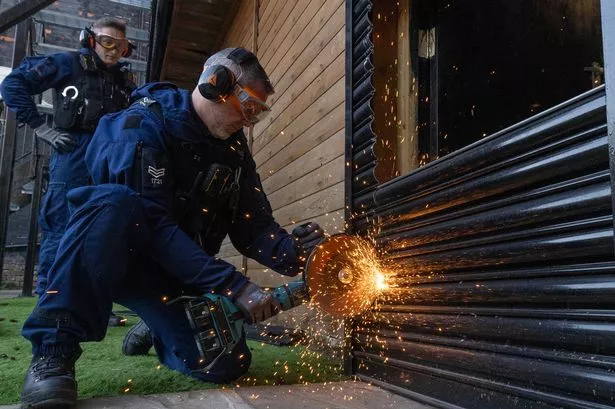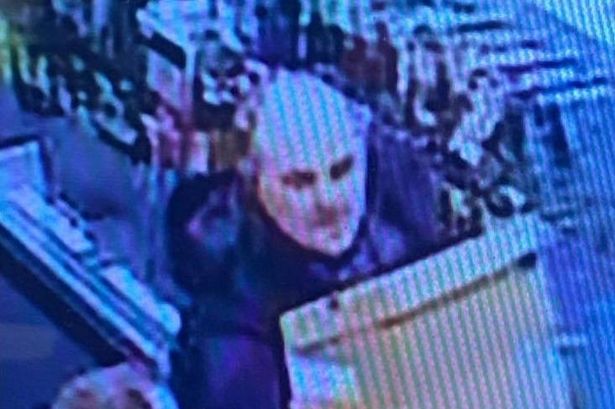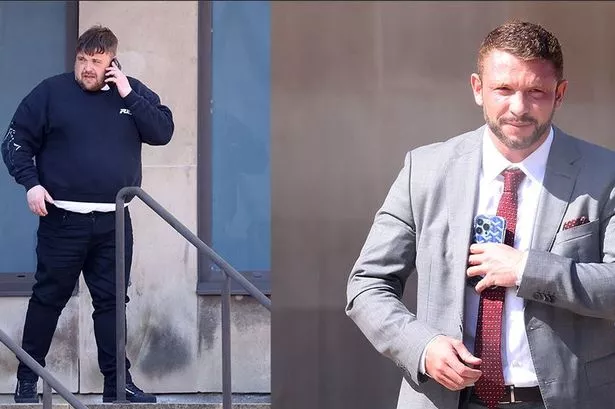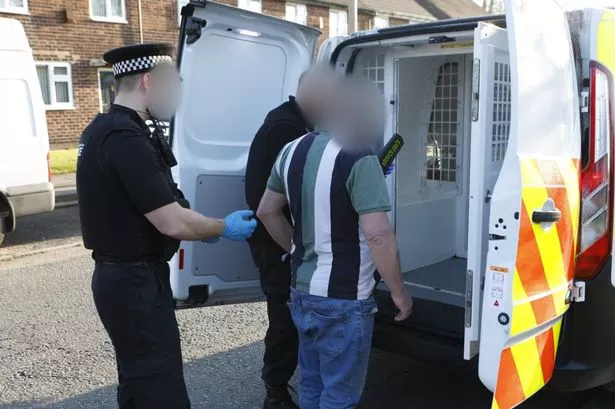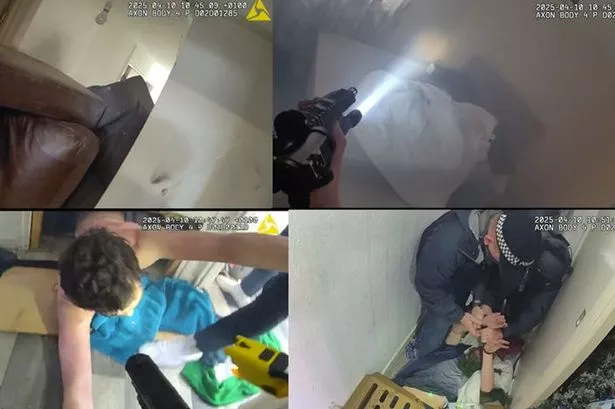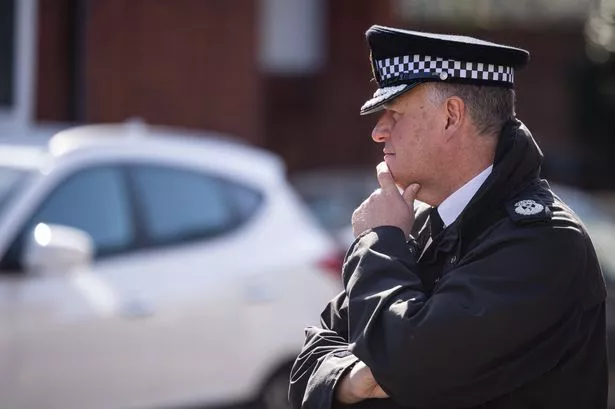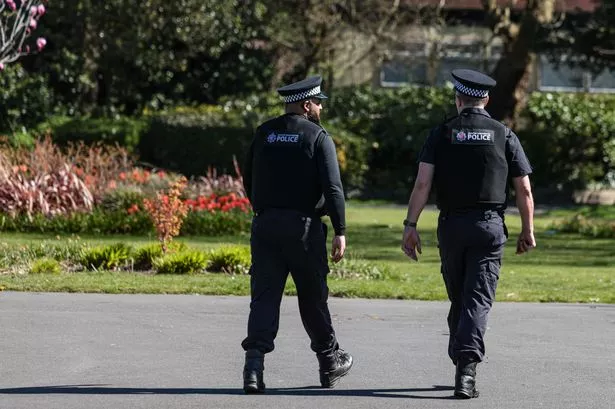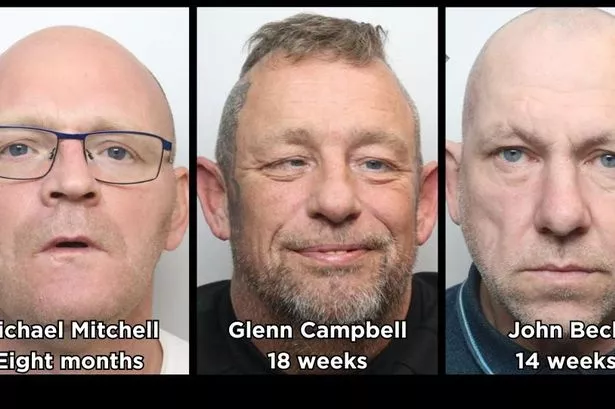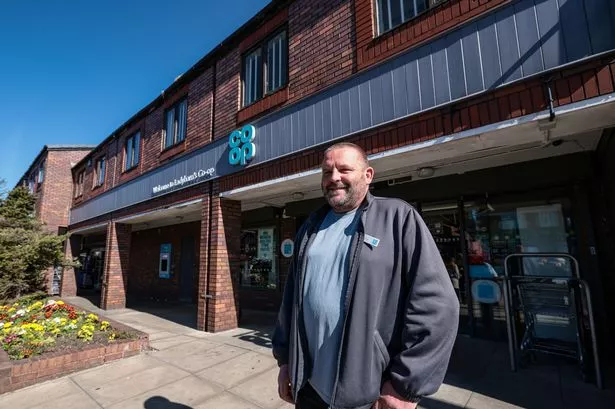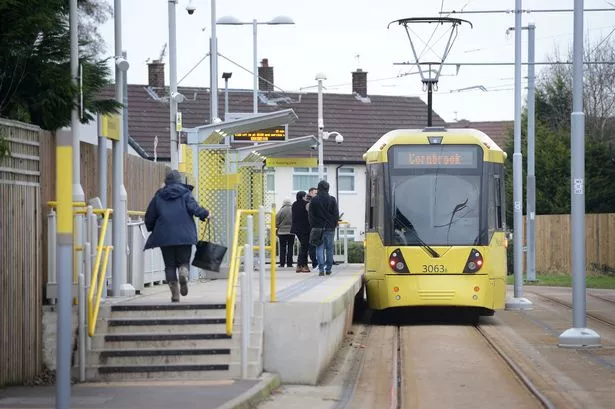Manchester Hospital Turned Battleground by Rival Gangs
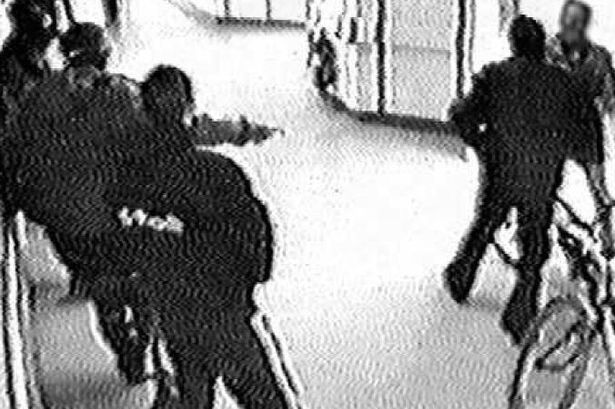
On a day fraught with peril, Manchester's premier hospital became an unexpected arena for gang warfare.
Tension erupted as notorious local gangs, the Gooch Gang and the Longsight Crew, brought their feud into Manchester Royal Infirmary's corridors. Young gang members, using hospital gurneys as battering tools and threatening with firearms, transformed the hospital into a playground of danger as medics and patients sought refuge from the chaos.
This escalation was triggered by a chance meeting.
The root of this animosity lies in the 2002 murder of Stephen Amos, a pivotal figure in the Gooch gang network, targeted by the opposing Longsight Crew.
The convicted killer, Richard Solomon of the Longsight Crew, was sentenced in 2003 for this and another attempted murder, further igniting tensions between the gangs.
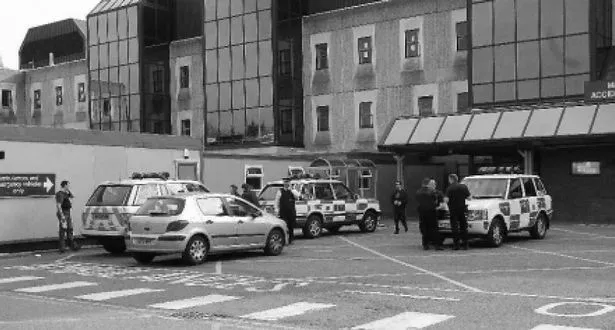
Lee Amos, a central figure in the Gooch gang and incarcerated on different charges, was not deterred by imprisonment in his quest for vengeance against the Longsight Crew.
The delicate peace in South Manchester was shattered on April 23, 2004, when an exchange of gunfire led to a hospital confrontation. The gangs' clash within the hospital wards left hospital employees living in fear.
During the pandemonium, staff secured themselves in offices, frantically reached out to law enforcement, and were too terrified to emerge.
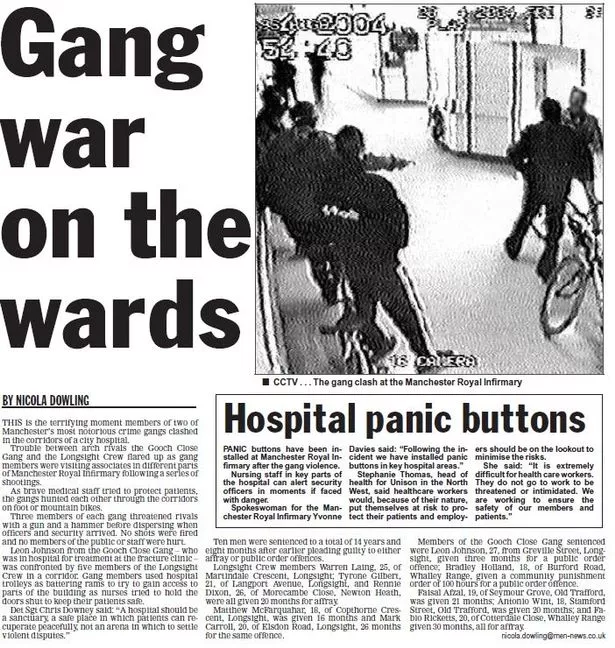
Swift police intervention occurred amidst reports of visible firearms, although none were found realized later to be smuggled out. This prompted the hospital to install panic alarms in crucial areas.
Following this incident, ten gang members faced court proceedings in Preston Crown Court as Prosecutor Robert Elias highlighted their disruptive arrival with weapons, which ensued chaos for both hospital staff and the public.
Gang affiliates eventually faced convictions for causing public disorder, resulting in 14 years of collective incarceration.
Judge Andrew Gilbart addressed in sentencing that hospitals, a symbol of solace and community compassion, were disgraced into fields for settling scores. The emotional turmoil inflicted required some hospital staff to seek psychological counseling.
Det Sgt Chris Downey remarked post-sentencing, underscoring the violation of safety that a hospital's tranquility was touched by gang violence.



